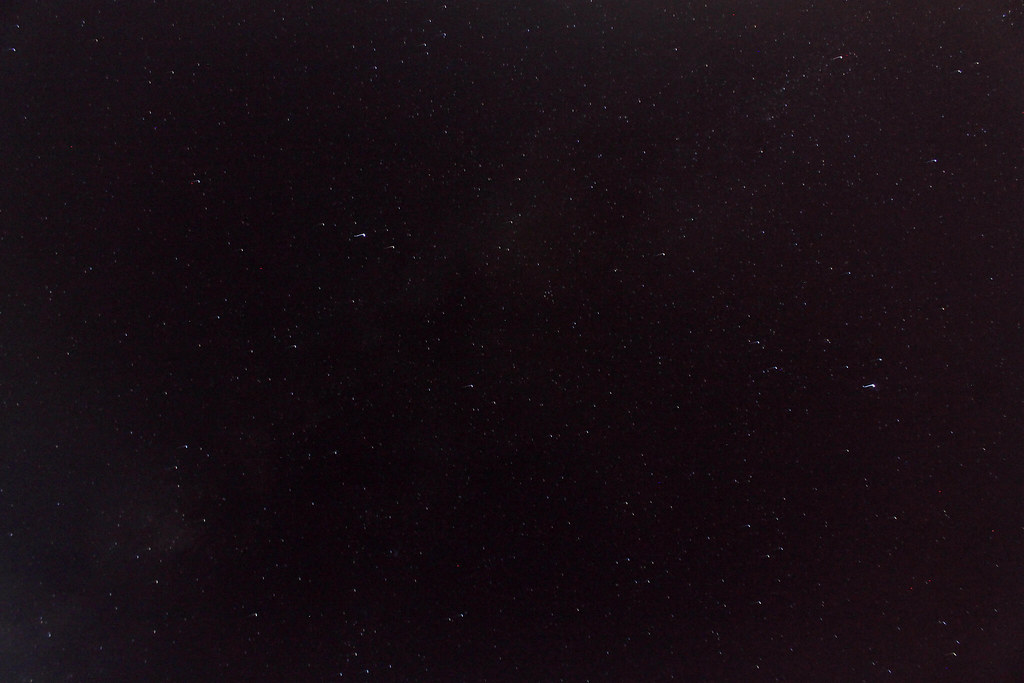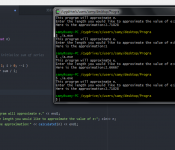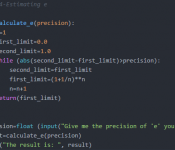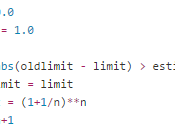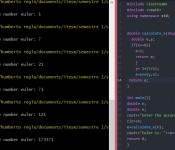
Kan lahun
I have many doubts about this WSQ, and to be completely honest, I don’t even know if I did what was required. Anyway, Euler’s number is complicated.
I found information in this webpage and used it as a guide.
You can check out my code here.
